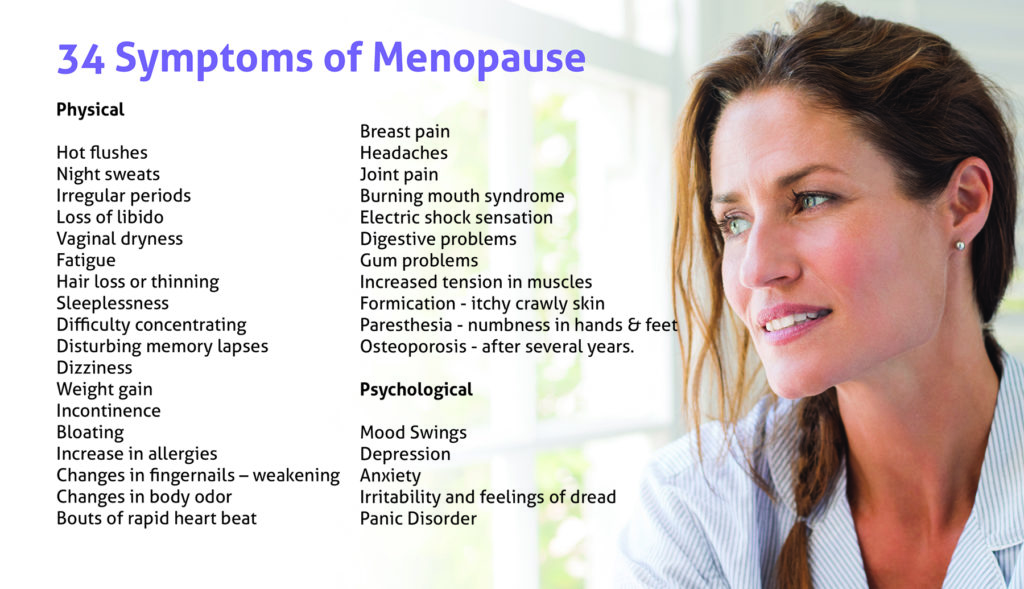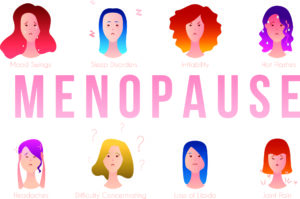How Long Do The Menopause Years Last?

How long does menopause last?
So, how long’s a piece of string! Sorry, but it’s kinda how it rolls.
And just to be clear when we talk about ‘the meno years’ we’re not just talking about menopause. But also the opening act of perimenopause as well as post-menopause.
And, here’s the kicker: menopause stealthily sneaks up on you. It happens when you have your last period but you only know it’s happened in hindsight. Crazy, right?
Indeed, the real action, unfolds in perimenopause or the lead-up to menopause. And it typically kicks off your late 30s or early 40s.
So, menopause isn’t a straightforward, neatly packaged topic. In fact, it’s a rollercoaster ride peppered with plenty of twists and turns – a journey where clarity comes with a side of confusion.🎢
Premenopause
Hold onto your hormones, because we’ve got a backstage pass to a meno years stage we didn’t spill in the intro. And it’s called premenopause.
Yep, it begins with your first period. And it wraps when your sex hormones start to change in perimenopause.
However, premenopause shouldn’t cause too much life disruption. In fact, things should feel pretty normal. Of course, if you’re dealing with endometriosis, PCOS, PMDD (Premenstrual Dysphoric Disorder), PMS, or fertility challenges, then it’s a whole other ballgame. So please see your specialist.
Related: 4 Ways To Prepare Your Body For Perimenopause Before It Starts
60% – 80% of women experience hot flushes during perimenopause and post-menopause. Click To TweetPerimenopause
Ahhh, peri – let the games begin! And the name of the game is perimenopause (peri meaning near) with estrogen and progesterone being the major players. And spoiler alert: it can be an 8-10 year marathon.
Further, perimenopause can show up early in your late-30s or not until your mid/late-40s. Subsequently, it can all be a bit uncertain but if you’re a woman, peri’s undeniably on the way.
Progesterone, the calming hormone, usually takes an early exit around 35 (on average). Then estrogen, the wild child, decides to fluctuate – sometimes low, and other times, high. And hello, estrogen dominance.
Indeed, it can become an unpredictable rollercoaster ride with many participants fronting up. For example, hot flushes, mood swings, dizziness, headaches, spotting/ heavy periods, brain fog, irritability, anxiety and depression may all want to join in.
Tip: you are still capable of conceiving of during perimenopause. Click To Tweet
Here are the 34 recognised signs of perimenopause:

But wait there’s more! There are also other lesser-known players such as UTIs tinnitus, vaginal yeast infections, water retention, acne, and clumsiness. It can be a tumultuous ride. So, buckle up.🎢
Related: 3 Signs That Point To You Being In Perimenopause
How long does perimenopause last?
Well, that’s the $64,000 question! And there’s certainly a lot of information flying about on how long perimenopause lasts. But much of it’s conflicting.
But here’s the scoop: there’s the average time (the usual for the masses) and then there are the women who are biochemical exceptions to the rule. They’re not abnromal; it’s just the way their body rolls.
Generally, menopause takes centre stage at 51, with perimenopause appearing three to four years earlier. Although for some women, it’s up to a decade prior. The Australasian Menopause Society advises we use a guideline of 4-8 years.
So, is there a clear-cut answer to the duration dilemma? Nope!
<h2What’s happening during the meno years?
Hold onto your ovaries, because the meno years are like a hormonal mic drop. The ovaries dim the lights and produce less and less estrogen. And eventually they go on strike and stop releasing eggs.
Accordingly, as a woman approaches menopause, the more likely she is to experience some of the signs above. Or – in some cases – for them to get stronger before they diminish and usually disappear.
It’s time to work on your WOF (warrant of fitness)
While many of us don’t cotton on to the fact, the meno years are also a time when some health issues become more commonplace. Moreover, estrogen’s your personal superheroine because it’s protective. But as it takes a bow its mighty benefits reduce.
What’s more, as it lessens it doesn’t only affect fertility. Equally important are changes in the brain, blood pressure and risks of high cholesterol, heart disease, blood sugar imbalance and osteoporosis or weakened bones. Furthermore, thyroid dysfunction and arthritis/rheumatoid arthritis can raise their uncomfortable heads.
Menopause
You’re welcomed to the official Menopause Club when you haven’t had a period for 12 months. But, as I mentioned in What Happens To Your Body During Menopause, it’s a membership you’ll only known you’ve joined when you look back.
To help you navigate the journey, why not get yourself a sidekick – a trusty app to track your cycle? This can be a huge ally in helping you spot the elusive moment when you come to the end of menstruation.
Importantly, if you’ve been enjoying period-free glory for a full year and you suddenly bleed again get thee to your doctor. This is super-important.
Post-menopause
Post-menopause is officially declared 12 months after the end of perimenopause or your last period. But you won’t get the memo till later. Argh!
The distinctive feature of post-menopause? You’re in it for the rest of your life.
But, brace yourself. Because while estrogen takes a step back, some symptoms might still appear. Indeed, some women experience some of the signs of menopause like hot flushes for years, or even the rest of their lives. On average, she should see a reduction in signs and symptoms but sometimes the volume can still crank up.
Blood tests aren’t the most reliable test to decipher where you’re at. Even though hormone counts can give you a clue they also love playing hide-and-seek. The DUTCH test is the most effective tool we know of for testing hormone levels.
Conclusion: a happy ending
Once you’ve gone through menopause many women take joy in a sense that freedom reigns supreme.
In addition, a lot of women report that they love the wisdom and confidence that comes with age.
What’s more, they find the courage to speak their truth. Women step into their power, unapologetically addressing things they might have swept under the rug in the name of peacekeeping.
And they add that the strength and self-assurance they gain is something they wouldn’t swap for a tight butt or a few wrinkles!
The only thing nobody can tell you is how long your menopause years will last.
NB: Menopause may occur early for you if:
- You have a family history of early menopause
- You’ve had a hysterectomy
- You’ve been through treatment for cancer
- You are a smoker
- Some research suggests weight may play a role
If you’ve got any questions don’t get hesitate to flick me an email here.
Need some help?
Click the link to go to our store and buy our all-natural Merry Peri and Perky Post.
It’s changing lives so High fives to that!










